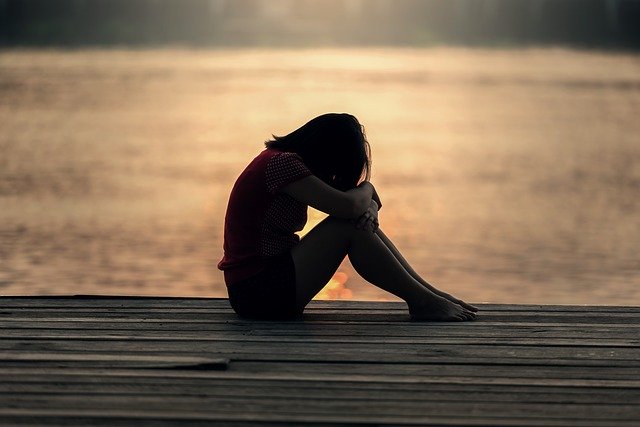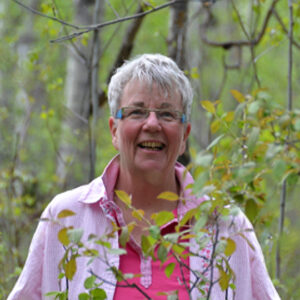Childhood abuse or trauma counselling can make a difference. If you or someone you know is being impacted as an adult by childhood abuse counselling is a good step.

What does Childhood Abuse or Trauma Look Like?
Children may be abused; physically, emotionally, and sexually. Abuse usually means doing something that is harmful to the child. It may happen daily or occasionally. It can leave emotional and sometimes physical scars that need to be healed. These may be the actions you have been told are normal:
- hitting,
- whipping with a belt,
- threatened with a belt or hard instrument,
- name calling,
- sworn at,
- insulted,
- and Being called stupid.
Clues or Indicators of Childhood Abuse or Trauma
Childhood abuse can produce coping mechanisms, such as compulsive exercising, abusing others, avoiding intimacy, forgetfulness, spacing out, running away, perfectionism, and/or being used to chaos.
All of the following are signals of childhood abuse or Trauma. You or someone you know may have been abused as a child.
- An abused child will likely be more vulnerable to health problems as an adult.
- They may also consider abuse, ‘normal’ since they don’t know any other way to live.
- Neglect, not providing the food, shelter, security, education, and attention that children need and deserve can be as damaging as abuse.
- Sometimes it is harder for the child to identify since it seems so normal to them to be ignored in so many ways by parents or caregivers. It is not normal and can be very damaging.
Should I Seek Childhood Abuse or Trauma Counselling as an Adult?
It is never too late to heal. Abuse is never your fault.
When whatever you try does not make a lasting change, when the feedback does not shift that is a sign more is needed. It’s time to do the hardest thing of all, it is time to reach out and find ways over, under, around or through the struggle. And the right therapist can do that with you.
You may be feeling:
- shame,
- guilt for what has happened to you as a child,
- disconnected from other relationships,
- unable to relate to others,
- trouble controlling emotions,
- you have anxiety and depression,
- and always feeling anger.
How Will Counselling Help Me?
Talking about struggles is the oldest known form of getting help known to humankind. We also know there are specific skills that make a difference over a longer period of time, and that is how therapy can help. Challenging our negative thoughts, finding meaning in the meaningless with someone who can be a guide makes a real difference. And using skills to actually end the struggles with the awful stuff frees up energy for a life with more possibilities.
Working With Liz

Liz is a registered psychologist in Edmonton, who began her career as a clinical social worker. Liz Massiah considers the impact with social, cultural, familial economic, educational, and other influences. As well as the more individually focused work of psychology to her therapy practice.
Liz has practiced since 1983 here in Alberta.
Read More